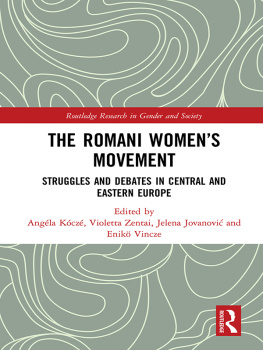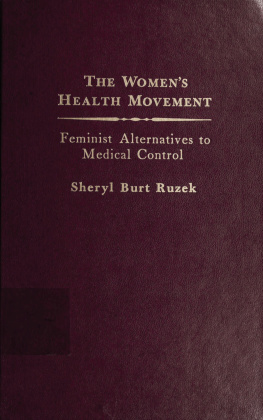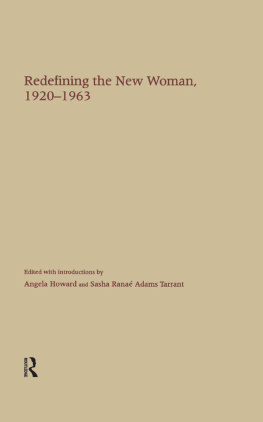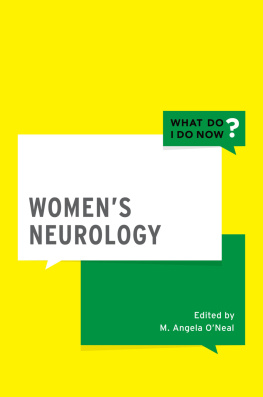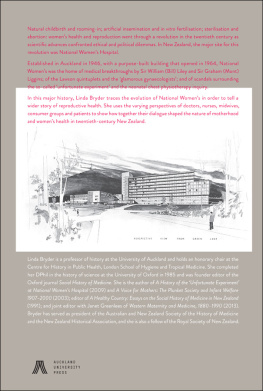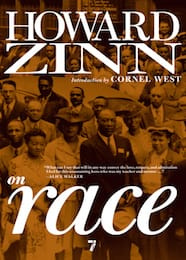Angela Howard - Reaction to the Modern Womens Movement, 1963 to the Present
Here you can read online Angela Howard - Reaction to the Modern Womens Movement, 1963 to the Present full text of the book (entire story) in english for free. Download pdf and epub, get meaning, cover and reviews about this ebook. year: 2018, publisher: Taylor and Francis, genre: Home and family. Description of the work, (preface) as well as reviews are available. Best literature library LitArk.com created for fans of good reading and offers a wide selection of genres:
Romance novel
Science fiction
Adventure
Detective
Science
History
Home and family
Prose
Art
Politics
Computer
Non-fiction
Religion
Business
Children
Humor
Choose a favorite category and find really read worthwhile books. Enjoy immersion in the world of imagination, feel the emotions of the characters or learn something new for yourself, make an fascinating discovery.

- Book:Reaction to the Modern Womens Movement, 1963 to the Present
- Author:
- Publisher:Taylor and Francis
- Genre:
- Year:2018
- Rating:5 / 5
- Favourites:Add to favourites
- Your mark:
- 100
- 1
- 2
- 3
- 4
- 5
Reaction to the Modern Womens Movement, 1963 to the Present: summary, description and annotation
We offer to read an annotation, description, summary or preface (depends on what the author of the book "Reaction to the Modern Womens Movement, 1963 to the Present" wrote himself). If you haven't found the necessary information about the book — write in the comments, we will try to find it.
Angela Howard: author's other books
Who wrote Reaction to the Modern Womens Movement, 1963 to the Present? Find out the surname, the name of the author of the book and a list of all author's works by series.
Reaction to the Modern Womens Movement, 1963 to the Present — read online for free the complete book (whole text) full work
Below is the text of the book, divided by pages. System saving the place of the last page read, allows you to conveniently read the book "Reaction to the Modern Womens Movement, 1963 to the Present" online for free, without having to search again every time where you left off. Put a bookmark, and you can go to the page where you finished reading at any time.
Font size:
Interval:
Bookmark:

University of Houston Clear Lake
- Opposition to the Women's Movement in the United States, 1848-1929
- Redefining the New Woman, 1920-1963
- Reaction to the Modern Women's Movement, 1963 to the Present
Angela Howard and Sasha Rana Adams Tarrant
University of Houston Clear Lake

711 Third Avenue, New York, NY 10017, USA
2 Park Square, Milton Park, Abingdon, Oxon OX14 4RN
Adams Tarrant. All rights reserved.
p. cm. (Antifeminism in America ; 3)
Includes bibliographical references.
ISBN 0-8153-2715-3 (alk. paper)
1. Anti-feminismUnited States. 2. FeminismUnited States. 3. WomenUnited StatesSocial conditions. I. Howard, Angela. II. Tarrant, Sasha Rana Adams. III. Series.
HQ1426.R416 1997
305.42dc21
CIP
- i
- ii
- xii
Font size:
Interval:
Bookmark:
Similar books «Reaction to the Modern Womens Movement, 1963 to the Present»
Look at similar books to Reaction to the Modern Womens Movement, 1963 to the Present. We have selected literature similar in name and meaning in the hope of providing readers with more options to find new, interesting, not yet read works.
Discussion, reviews of the book Reaction to the Modern Womens Movement, 1963 to the Present and just readers' own opinions. Leave your comments, write what you think about the work, its meaning or the main characters. Specify what exactly you liked and what you didn't like, and why you think so.

